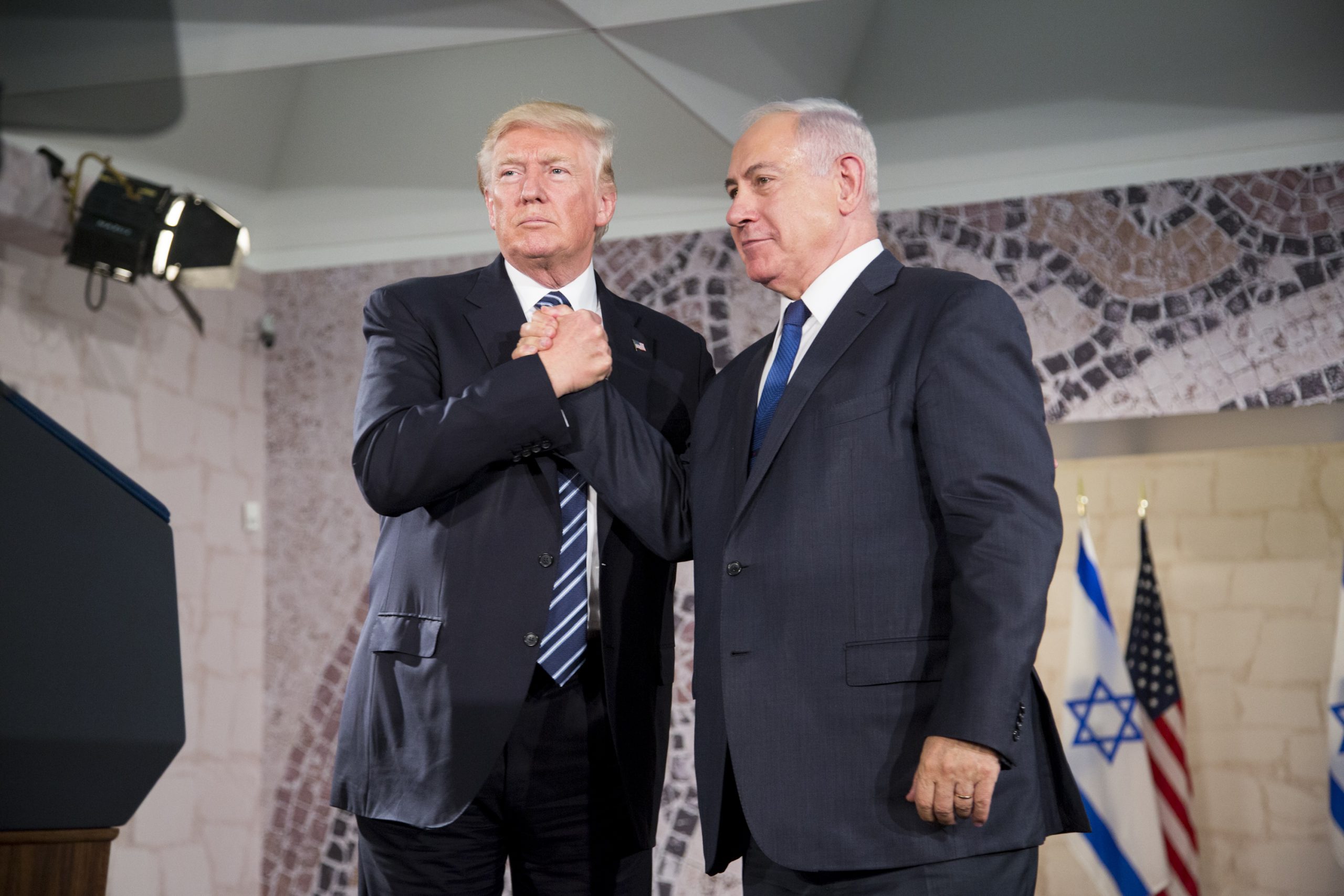
U.S.-Israel Relations: A Special Alliance
Introduction
Since President Harry Truman decided to recognize Israel eleven minutes after its declaration of independence, the United States and Israel have had a special relationship, which has evolved over time into a web of military, economic, academic, bureaucratic and personal connections at the local, state and federal levels.
Strategic Coperation
Up until the mid-1960s, State Department and Pentagon officials argued that Israeldid not need American arms because it was strong enough to defend itself (as evidenced by the Suez campaign) and had access to arms elsewhere. Officials also worried that the Arabs would be alienated and provoked to ask the Soviets and Chinese for weapons that would stimulate a Middle East arms race.
U.S. policy first shifted with John Kennedy‘s 1962 sale of HAWK antiaircraft missilesto Israel, which was made over the objection of the State Department, but only after Egypt obtained long-range bombers from the Soviets.
Israel and the United States signed a secret memorandum of understanding in 1965 that marked the beginning of the strategic alliance with the United States. Lyndon Johnsonsubsequently provided Israel with tanks and aircraft, but these sales were balanced by transfers to Arab countries. U.S. policy was to avoid providing one state in the area a military advantage over the other. This changed in 1968 when Johnson announced the sale of Phantom jets to Israel. That sale established the United States as Israel’s principal arms supplier. It also marked the beginning of the U.S. policy to give Israel a qualitative military edge (QME) over its neighbors.
Johnson’s decision was based on Israel’s perceived needs (and domestic political considerations) rather than its potential contribution to U.S. security interests. Up to this point, Israel was not viewed as having any role to play in Western defense, largely because it did not have the military might to contribute to the policy of containment. This perception began to change in 1970 when the United States asked Israel for help in bolstering King Hussein’s regime. By the early 1970s, it became clear that no Arab state could or would contribute to Western defense in the Middle East. The Baghdad Pact had long before expired and the regimes friendly to the United States were weak reeds in the region compared to the anti-Western forces in Egypt, Syria and Iraq. Even after Egypt’s reorientation, following the signing of the peace treaty with Israel, the United States could not count on any Arab government for military assistance.
Read More: Jewish Virtual Library
